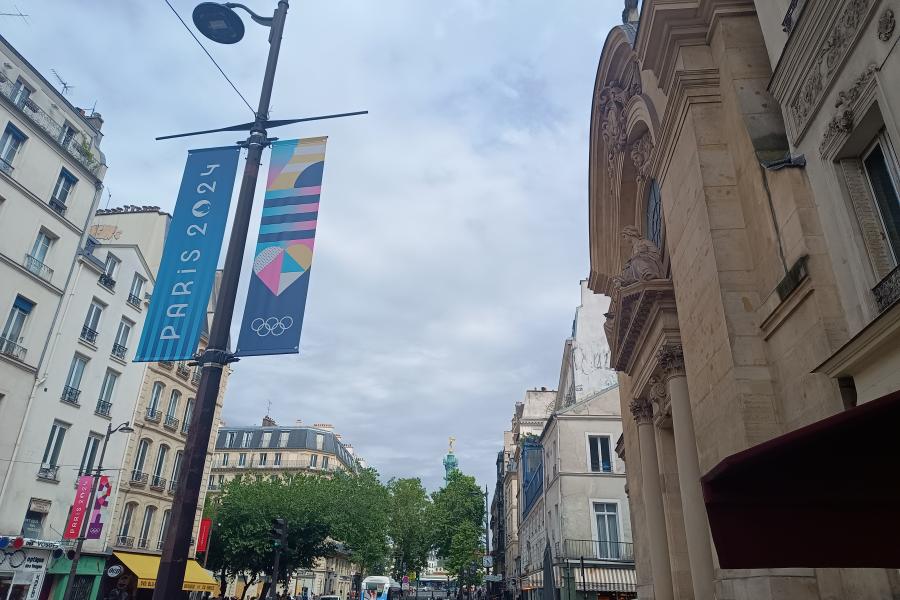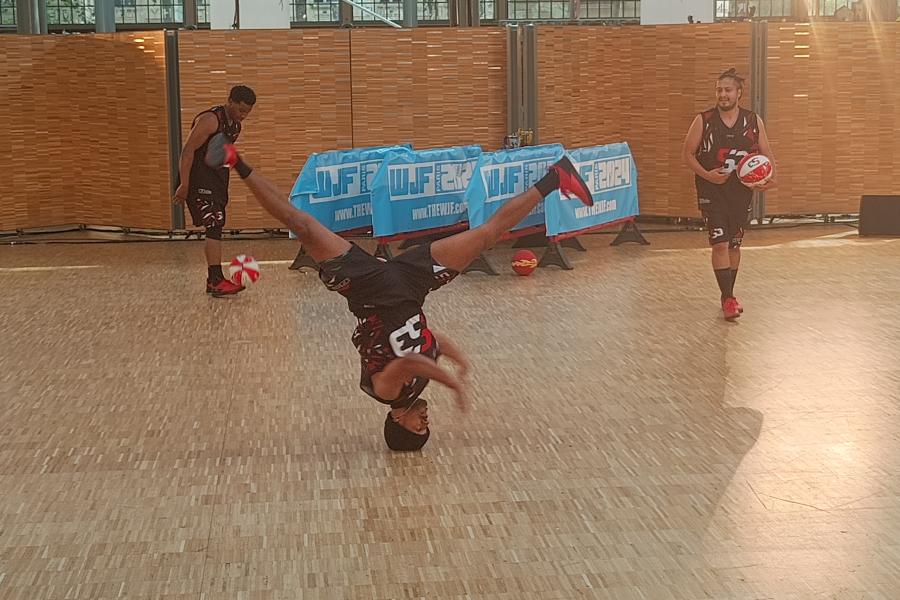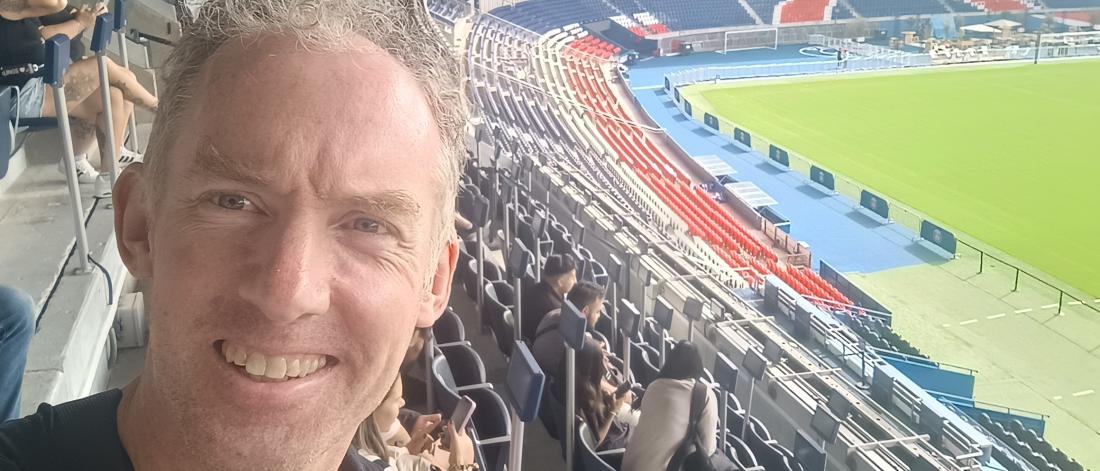Welsh Government’s Taith Scheme Funds Research Trip to Paris
Dr. Jonathan Ervine, Head of Modern Languages and Cultures, recently completed a Welsh Government-funded research trip to Paris. His research on sport and cinema in France will inform a forthcoming book on masculinity in contemporary French sports films. Dr. Ervine’s work challenges traditional genre views, highlighting the portrayal of vulnerable male athletes and innovative aesthetics.
Dr. Jonathan Ervine, Head of Modern Languages and Cultures, has recently been focusing on a research project about sport and cinema in France and earlier this summer went on a research trip to Paris that was funded by the Welsh Government’s Taith scheme. The trip played in a key role in working towards the publication of a book about French sports films which is due out next year.
In the book, Dr. Ervine will be focusing on representations of masculinity in contemporary French sprots films. He has explained that this book will challenge certain received ideas about sports films:
“Traditionally, a lot of people have associated sports films with somewhat stereotypical macho males and predicable narratives that see teams or individuals achieve success against the odds. However, my research will show that contemporary French sports films are increasingly depicting male athletes who embrace vulnerability. Furthermore, French sports films are also at times quite experimental and ground-breaking in aesthetic terms.”
Being in Paris to do research on sport and cinema as the French capital prepared to host this year’s Summer Olympics and Paralympics was something that Dr. Ervine relished:
“This summer was a fascinating time to be focusing on the place and importance of sport in French society as the Olympics approached. Whilst the prime focus of my recent trip was conducting archival research at France’s National Library and the National Audiovisual Institute, I was also able to attend a fascinating range of events that were part of the Cultural Olympiad. These included exhibitions at places such as the Museum of the History of Immigration and the Postal Museum in Paris, as well as the Museum of Modern History in Montreuil. These provided fascinating insights into how museums are talking about French sport in a variety of local, national, and international contexts as the Olympic Games approach.”
In addition to visiting several archives and numerous museums, Dr. Ervine witnessed several creative and unusual ways in which culture and sport have been interacting during the Cultural Olympiad. This included a play that combined wrestling, poetry and literature, as well as another event billed as a ‘Sporting Rhapsody’ that mixed classical music, breakdancing and BMX.



